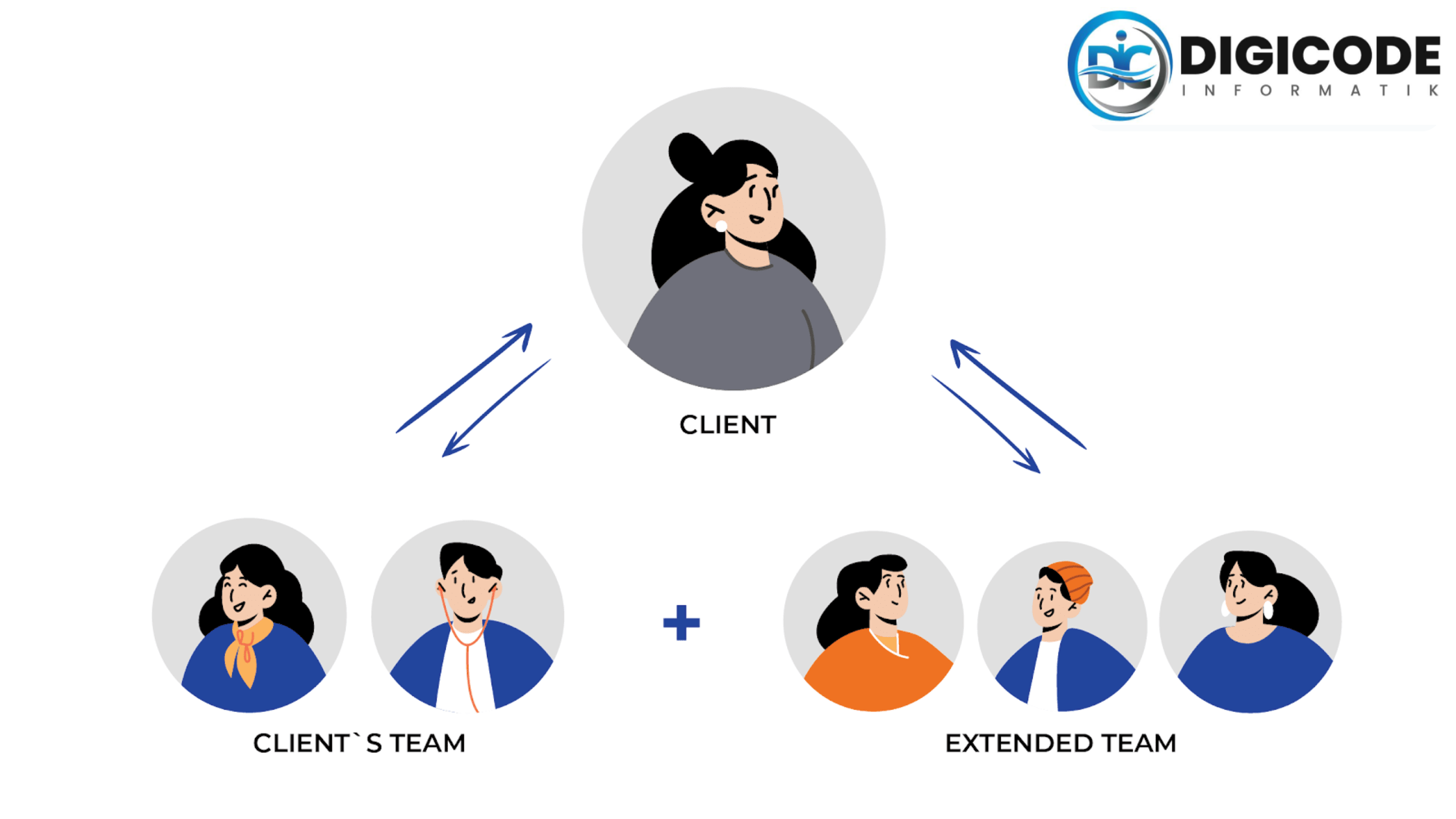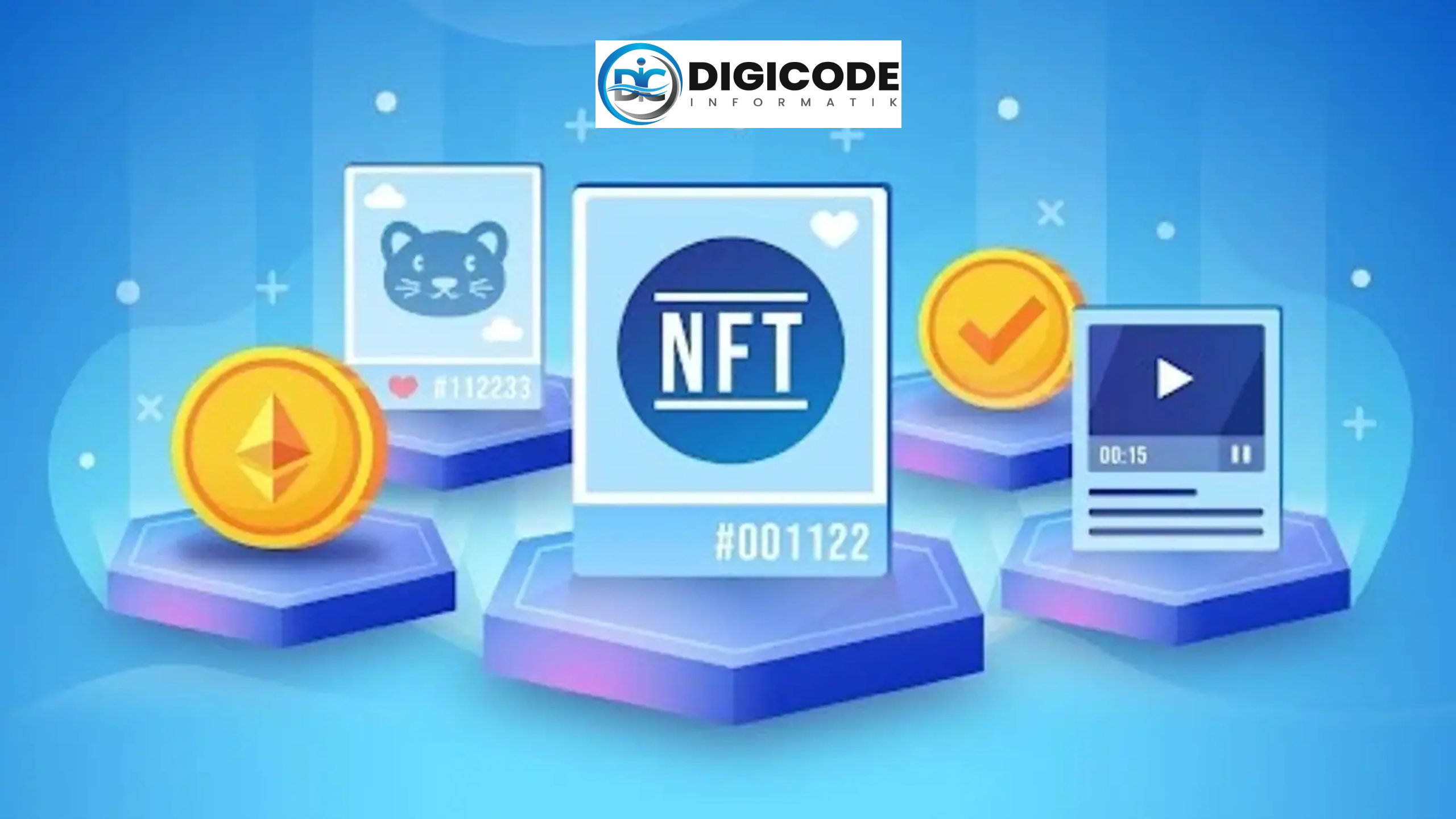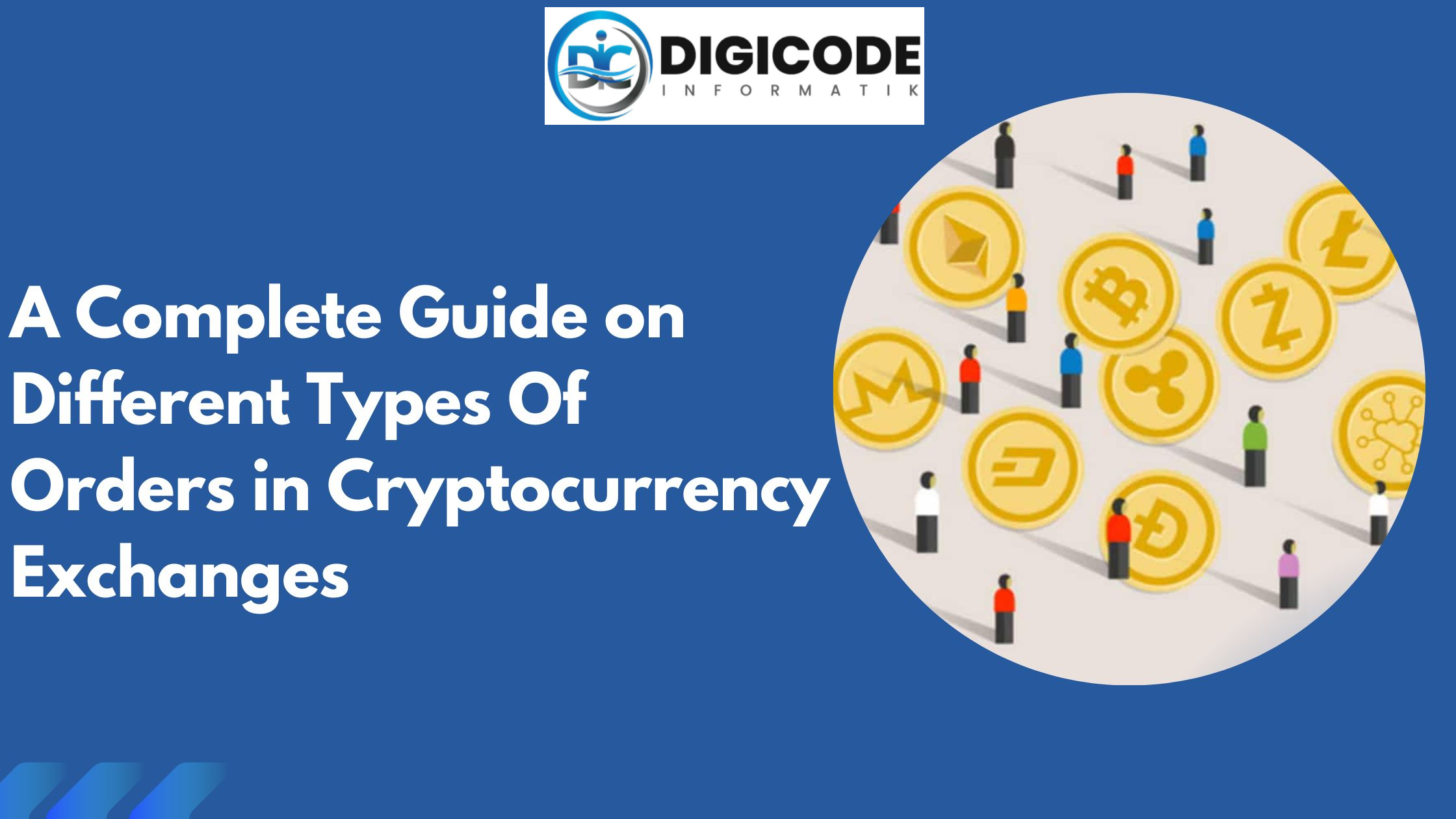Blockchain is a decentralized, distributed, and immutable ledger that can be used to record transactions and keep tabs on assets in a business network. Real estate, transportation, money, and land are all examples of tangible assets (intellectual property, patents, copyrights, branding). With the help of a blockchain network, virtually any valuable asset can be monitored and traded with minimal intermediary fees and zero loss of data integrity. Information is the lifeblood of any successful business. Faster and more precise delivery is preferred. Blockchain is perfect for this because it provides an immutable ledger that can only be accessed by authorized participants in a network, making the data instantly accessible to all parties involved.
How Blockchain Works
● Each completed transaction is saved in what is called a "block" of information. All of those deals represent the transfer of an asset, which may be physical (a product) or immaterial (knowledge) (intellectual). Who, what, where, how much, and even condition data, like the temperature of a food shipment, can all be stored in the data block.
● The blocks in front of and behind it are linked together.
● As an asset is moved around or ownership is transferred, these blocks of information are added to a growing chain. The blocks verify the precise timing and order of transactions, and their secure interconnection makes it impossible to tamper with or insert a block between two others.
● A blockchain is a distributed ledger that records financial transactions in a permanent, immutable chain. With each new block, the validity of the preceding block and, by extension, the entire blockchain is further solidified. As a result, the blockchain's central strength of immutability is delivered, making it tamper-evident. By doing so, you and the other members of the network can construct a ledger of transactions that cannot be altered.
Also, read about other
Blockchain-related topics like Web3 Real Estate Industry Software, secure transactions with Blockchain, and many more.
Blockchain Trends 2023
Curious as to which blockchain trends and startups will soon affect your company? Check out our Blockchain Innovation Map for in-depth information on blockchain companies, from startups to established businesses, and for data-driven insights into technological solutions.
1) Cryptocurrencies
Transaction data for cryptocurrencies can be stored in a decentralized; distributed ledger called a blockchain. So, they get rid of intermediaries like banks to cut down on costs and increase the speed of transactions. Sustainable and high-performance cryptocurrencies that cut down on carbon emissions and transaction times have emerged due to the booming cryptocurrency market.
2) Asset Tokenization
Blockchain technology is used in the tokenization process to create digital representations of digital or physical assets. To a very similar extent, this is how cryptocurrencies work. Tokenization powered by the blockchain, however, makes it possible for corporations and consumers to digitize assets like property holdings and artwork.
3) Smart Contracts
Due to their ability to eliminate the need for a central authority or third party in the regulation and execution of all P2P transactions, smart contracts are an integral part of any blockchain ecosystem. That's why new companies are providing simple platforms for building smart contracts for businesses and blockchain developers.
4) Advanced Cryptography
To ensure the integrity and verifiability of all transactions, blockchain networks employ cryptography to encrypt data transfers between nodes. Cryptographic algorithms, both symmetric and asymmetric, are used by blockchain developers for this purpose.
5) dApps
Peer-to-peer nodes and smart contracts make it possible for blockchain networks to support decentralized applications. The Ethereum blockchain, for example, provides specialized resources for developing DApps. By removing the need for centralized authorities to monitor or interfere with dApps, privacy and adaptability are preserved.
6) Blockchain as a Service
The service model for blockchain networks is supported by the low cost and scalability of cloud-based services. Time-to-market is shortened as blockchain developers are now able to easily build and host blockchain applications and smart contracts.
7) Private Blockchain
Businesses and other organizations typically operate private blockchains, which are permissioned blockchains. Private blockchain networks, in contrast to public ones, are governed by centralized authorities. In private blockchains, each node stores a copy of the entire blockchain, and the owner can undo or delete transactions.
8) Blockchain Security
In the business world, blockchain is most often used to conduct or record financial transactions or investments. With the growing adoption of blockchain technology, all blockchain networks must adhere to strict standards of data privacy and security.
9) Enterprise Blockchain
The lack of data privacy and increased data visibility makes public blockchains like Bitcoin and Ethereum unappealing to businesses. The demand for private and consortium blockchains is rising, even though some companies have found success with public blockchains.
Conclusion
Everyone agrees that
blockchain technology is the best option for many businesses today. This is
because technological advancements in the sector present businesses with
exciting new opportunities. However, to maintain their relevance and take full
advantage of the benefits offered by blockchain, companies must keep up with
the latest developments in the field.





